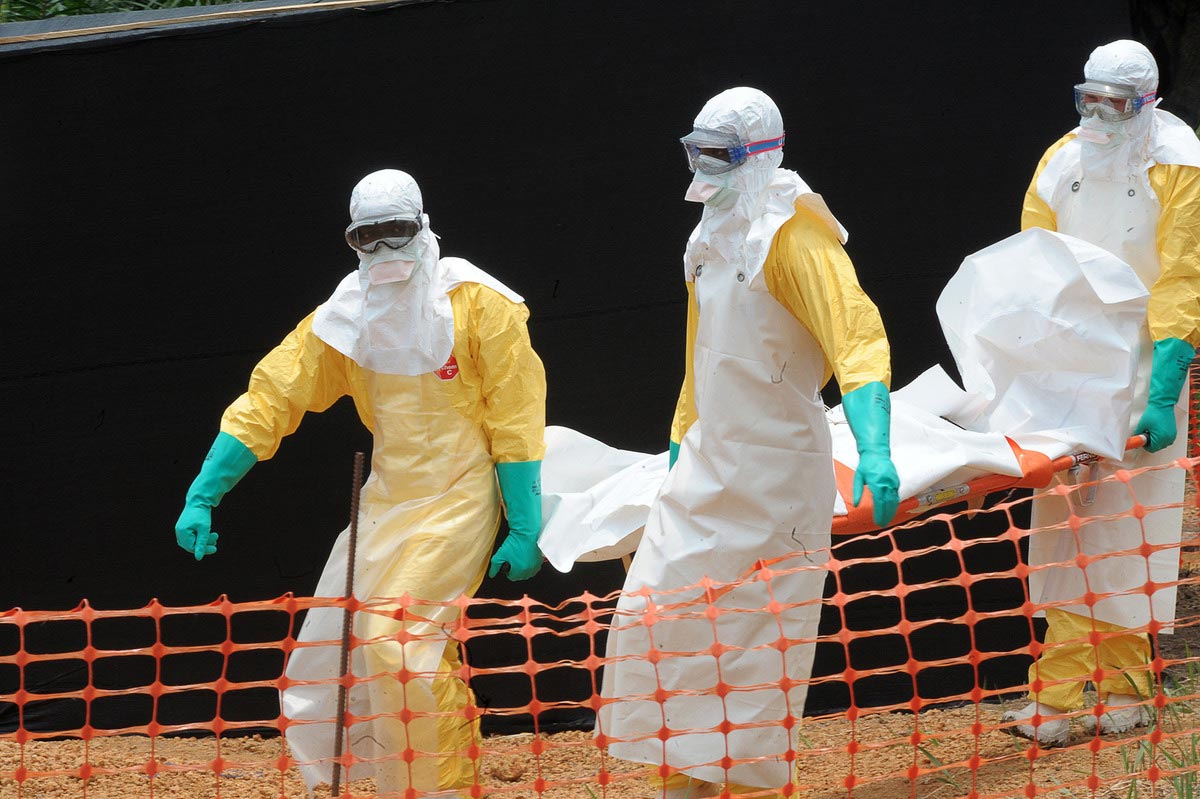Residents of Sierra Leone are now going about their normal activities at the end of the nationwide lock-down during which over one million houses were checked for Ebola patients and duly sensitized on the disease.
However, there has been a delay on the diclosure of the number of fresh cases found out during the lock-down.
The national health sector, which has been affected by the deaths of many health workers would further be strained if new Ebola cases are discovered.
A spokesperson of the Sierra Leone government, Abdulai Bayraytay said the government has declared tents for temporary treatment centres provided for those cases.
The EBV has claimed over 2,600 lives in West Africa and still killing more. Liberia on Sunday,opened an Ebola clinic with 150 beds being the biggest in record. Within a twinkle of an eye ambulances brought in Ebola patients before the opening ceremony ended.
Bayraytay revealed that during the lock-down about 77 bodies were buried and up to half of them were confirmed to have had the virus. Laboratory tests are awaited for the other half to see whether they also died of Ebola.
About 600 people out of six million are have reportedly died from EBV in Sierra Leone.
Joe Amon, director of health and human rights for Human Rights Watch, said it was hard to believe the shut down had been effective in ending transmission since such measures are difficult to effect. Some residents of the nation lamented on scarcity of food in some areas.
The ministry of health said the volunteers were able to access 75% of 1.5 million households in Sierra Leone.
During the exercise,residents followed the order and remained in their homes but health workers were attacked in the process of burying five bodies 12 miles east of Freetown.
Apart from Sierra Leone, the EBV has also spread in Liberia and Guinea with few cases in Nigeria and one in Senegal.
In West Africa, more than 300 health workers have been infected, and about half of them are dead.







